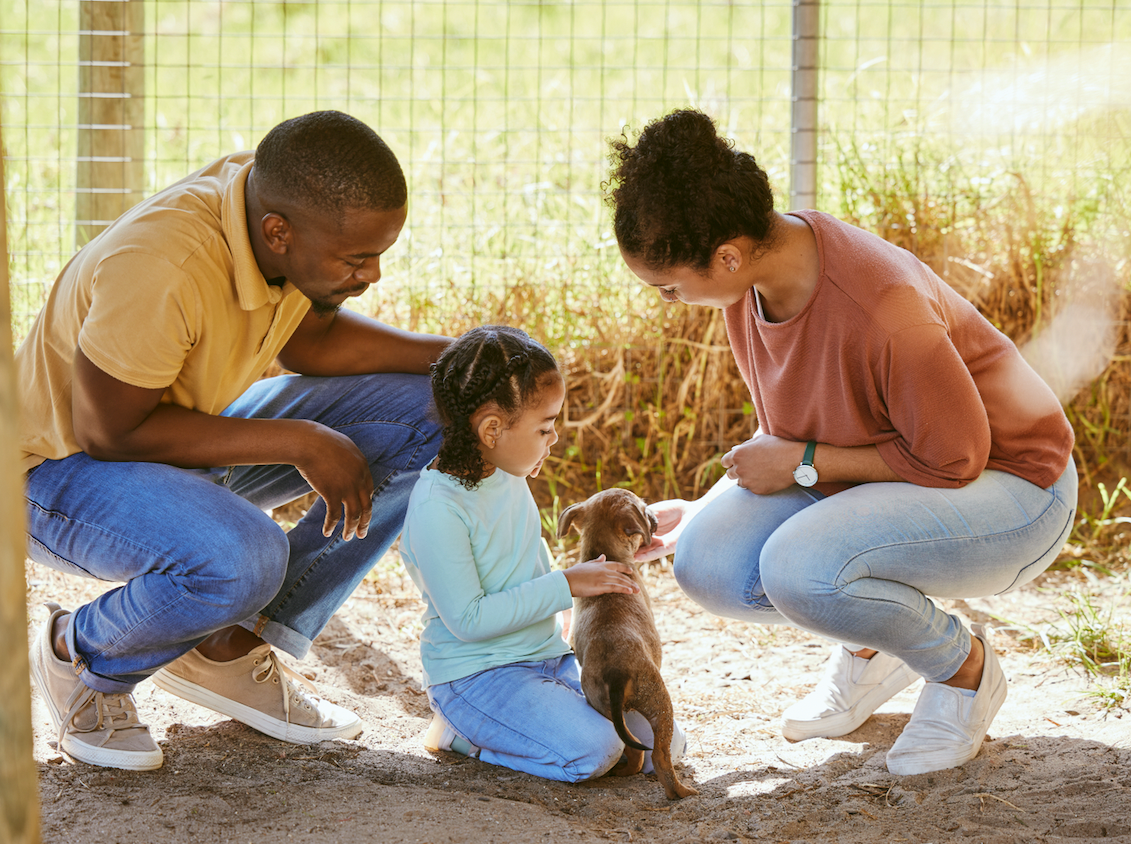AFTERPAY NOW AVAILABLE | NEW YEAR SALES 30% OFF STORE WIDE - CODE "NEWYEAR30"
AFTERPAY NOW AVAILABLE | NEW YEAR SALES 30% OFF STORE WIDE - CODE "NEWYEAR30"

It seems like yesterday that you were prancing around your living room, feeling all giddy about the thought of finally having your first dog ever. It seems like yesterday when you first locked your gaze on that dark golden-like caramel furball hiding in the corner, shyly waiting for you to pick him up— you swear, it feels like it was just yesterday.
You realise that you were just giving him the best home he could ever have in this lifetime, and now, you’re giving him up. Saying goodbye to someone or something you hold most dear, like pets, can be upsetting and painful, but it must happen at some point.
The thought of rehoming always fills your eyes with tears and burdens you with so much guilt. But our life circumstances change, and we can’t take care of our dogs like we used to. So no matter how hard, mama, you must make a responsible decision.
Rehoming isn’t your only choice. You can go for short-term options like boarding kennels or temporarily giving them to your family or friends just until you’re perfectly fit to take care of them again.
Only if the situation doesn’t seem to get any better, finding a new home that can meet their physical and emotional needs is the best thing to do. Just like dogs shouldn’t be bought or rescued impulsively, it’s crucial to approach rehoming with the same thought and care.
We’ll make things a tiny bit easier for you, boo. Here’s our basic how-to:
Getting them a new home and ensuring they’ll live in a loving and safe environment requires more than we expected. RSPCA NSW encourages all owners to desex their pets to keep them behaved and healthy. This is also vital to negate the overpopulation crisis of dogs in Australia.
It’s also essential to make sure they are microchipped and registered by 12 weeks of age or before being rehomed. Owners can face an on-the-spot fine of $180 to $880 in court if they fail to do so.
To help you with the desexing or microchipping costs, RSPCA NSW runs a Community Animal Welfare Scheme (CAWS) to aid you out.
When rehoming, ask around first. It’s essential to find someone who shares your values and lifestyle. In this case, sudden changes won’t be too stressful.
Rehoming them with your families and friends can be better for everyone. You can be more comfortable and assured about leaving your fur baby with them. You can check on them from time to time, too, if possible.
Under any circumstances where your family and friends can’t adopt your dog, being tech-savvy comes in handy. You can brush and groom your fur baby a little, take a quick adorable snap and make a poster out of it. Include your dog’s description, age, breed, personality preferences, and microchip number.
Highlight your intention to only rehome your dog and not sell them. Screening interested parties is also crucial in this part, so make sure you’re firm and aware of what to look for. There are also guidelines for online advertising your pets that will definitely help you.
You can also call the breeder and rescue organisation where you got your dogs, and they’ll rehome them themselves. This is usually part of their contracts in the event you can no longer take care of it. Other rescue groups and programs might be able to assist you, too.
Dogs are not garbage that you just throw away. As responsible owners, it’s your duty to rehome them in a place where they can feel most welcomed and loved— like we used to show and give.
Well, jobs aren’t the only ones with requirements. You must chat with the potential new family and initiate an honest conversation. This way, you can ask any questions about them and vice versa. You can share important information about your dog, like specific behavior and care needs.
You can also take your dog to their potential new home or park where they can meet the interested owners and see if they click. After all, you’re up for the next permanent home for your dog and not just a stand-in shelter, so it’s better to be critical.
If they’re not the right fit, a new family will surely come along.
A new environment and unfamiliar people can confuse your dog. After all, even humans find it hard to adjust to changes quickly. It’s best to pack up and prepare them for it.
You can write a pet CV containing important details the new owners must learn about your fur baby. This includes their current veterinarian, amount of food intake, any medicine or supplements, bath routine and such. Also, prepare their favourite toys, bed, and otherbelongings and hand them to the new owners. This will be useful in making them feel at ease in their new abode.
Don’t forget to organise their documents, registration details, and other papers for the final step!
Before you finally bid goodbye to your best pal, you’ve got to do some more serious work!
Rehoming should also be done legally. If you change the dog's ownership, you must update their microchip details and council registration. Fulfilling the paperwork will ensure you won’t be responsible for the dog’s welfare anymore.
When we bring a dog into our life, most of us imagine we will have them forever. While this is ideal, reality says otherwise. If your living situation changes, and you’ve realised that your home isn’t a safe place for them any more— and if you can’t provide for their needs — finding a new home should be a priority.
This decision shouldn’t be taken lightly or criticised by other dog owners. Your dog silently thanks you for thinking of them, even in your toughest moments.